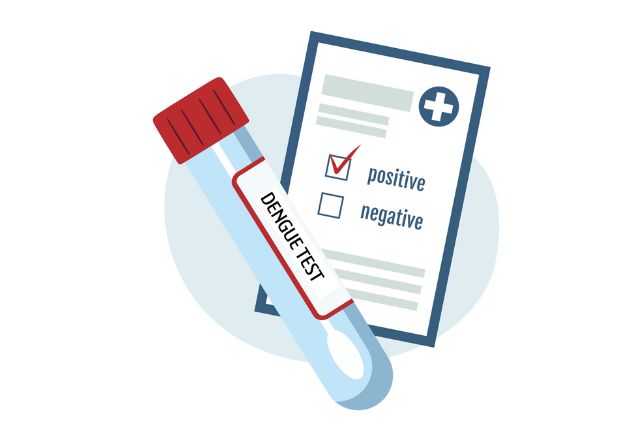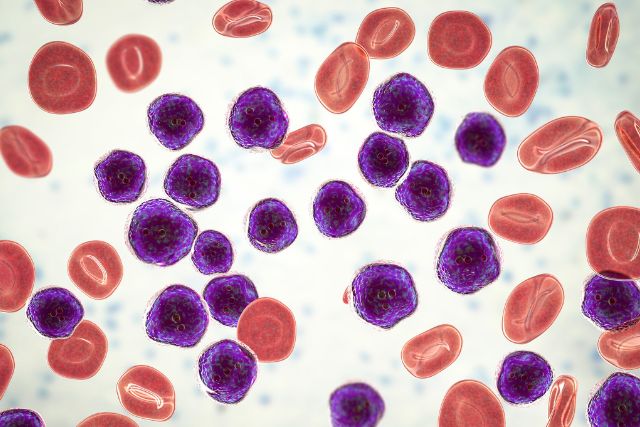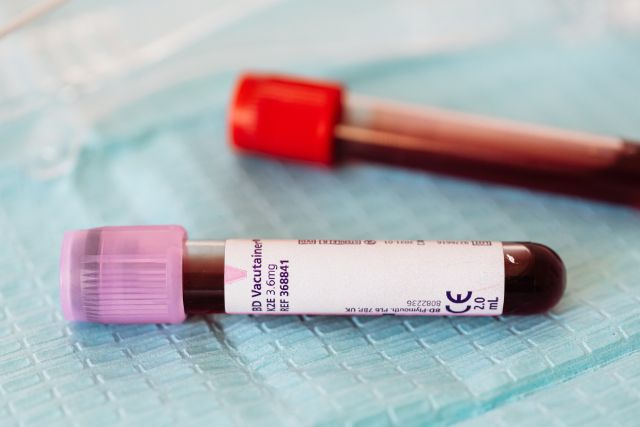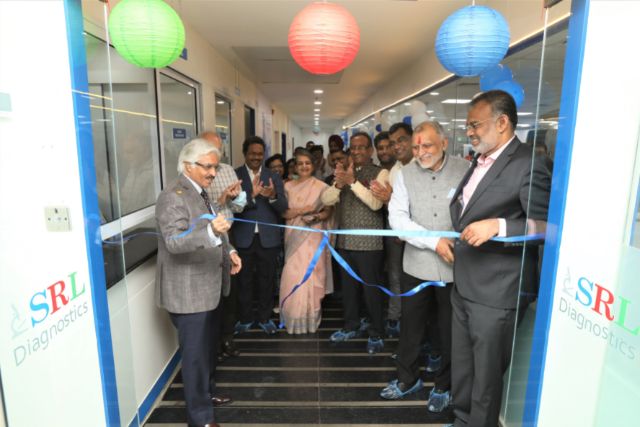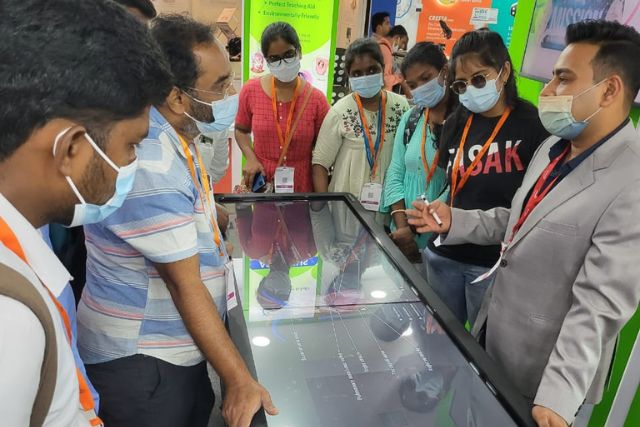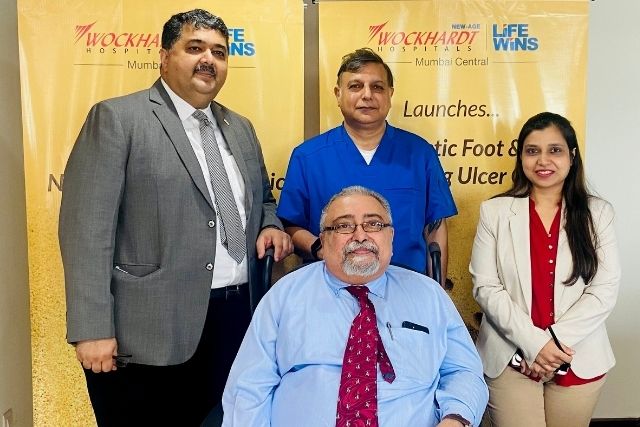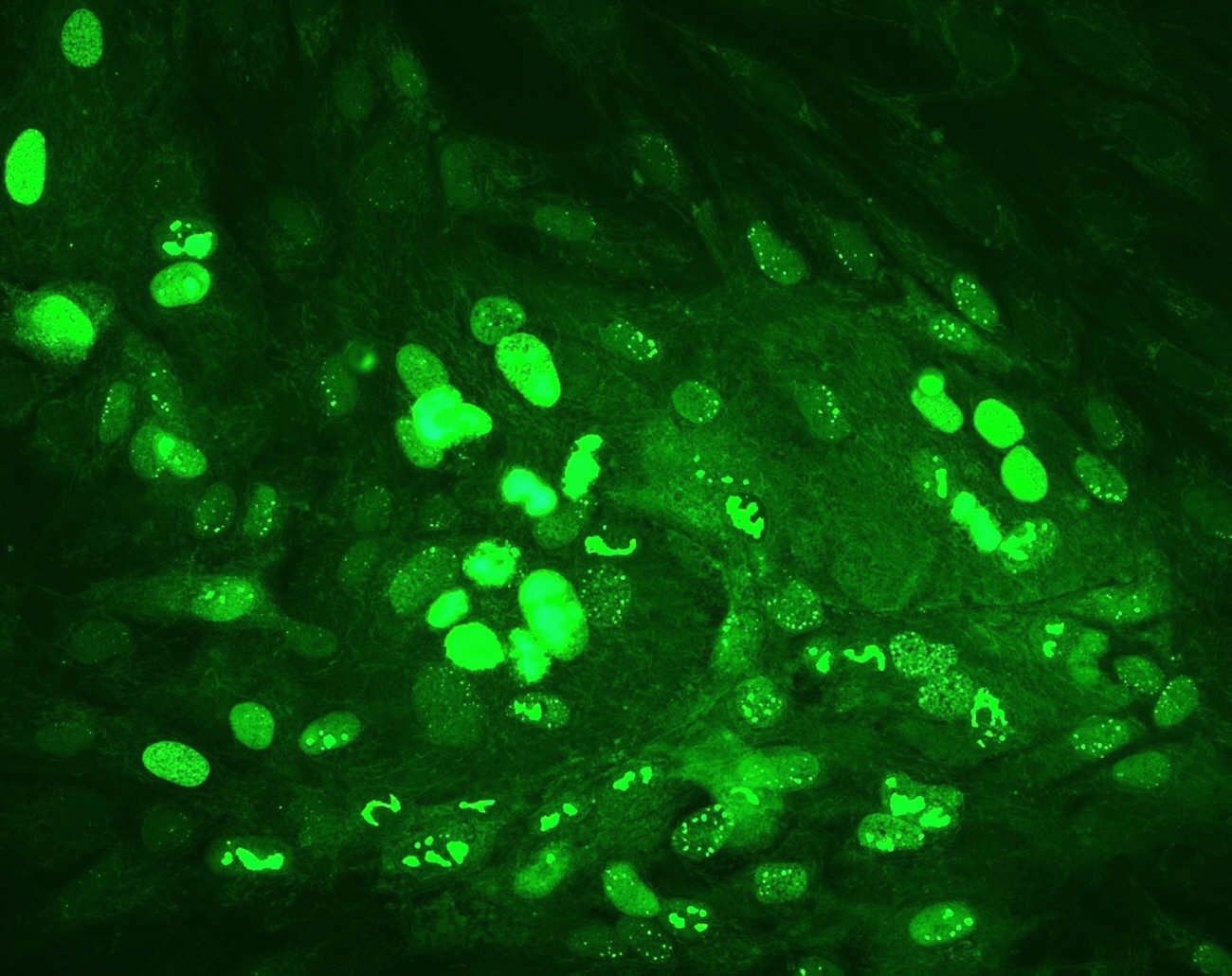The Indian IVD segment has witnessed significant developments and innovations in the last couple of decades. However, 50-60 years back, India did not have a robust enough healthcare manufacturing segment. The policies of those times favored trade liberalization and foreign direct investment.
The absence of stringent regulations, quality control, negligible R&D, and the shortage of technical human resources made India the dumping grounds for foreign multinational healthcare giants. It was a sheer case of profiteering – exorbitant pricing and sub-standard products being provided to a 3rd world country.
But like they say – necessity is the mother of all inventions. So the absence of a robust manufacturing segment raised the nationalistic, self-reliant Indian entrepreneurs – who rose to the occasion to start their biotechnology firms. J Mitra & Co was one such organization.
A young engineer and budding entrepreneur, Lalit Mahajan, identified the need-gap and decided to manufacture diagnostics kits of the highest quality standards lower than foreign-made ones. Lalit Mahajan started J Mitra & Co as a research-based biotechnology company in the IVD segment in 1969. The immunology segment in the rapid test format in India was limited to pregnancy tests. J Mitra was the first Indian company to get drug manufacturing licenses for critical tests in Rapid and Elisa formats like HIV, HBV, and HCV.
J Mitra & Co pioneered the development, manufacturing, and marketing of IVD test kits. J Mitra introduced a range of tests for infectious diseases like HIV, HBV, HCV, Dengue, Malaria, Typhoid, Leptospira in rapid and ELISA test formats. It also introduced anti-Sera products and confirmatory tests like Western Blot for HIV.
Today, India is the international center for frugal medical devices engineering. The Indian in-vitro diagnostics market is estimated to reach approximately USD 2 billion in 2026, from the current figure of USD 1.3 billion.
The immunochemistry market accounts for the largest market share (i.e., 40%) of IVD revenue in India, followed by the clinical chemistry and hematology market.
The current Indian In-Vitro Diagnostics Market is significantly robust. The entire focus of the Indian IVD companies has been towards supporting the creation of an innovation-driven ecosystem for resource-poor settings. The industry’s efforts towards developing tests and analyzer platforms are driven by the need for precision and reliability, domestic production (self-reliant), affordability, and reaching closer to point-of-care.
The IVD industry has been showcasing stellar performance, decade after decade, for more than 50 years. As a result, they have cemented India’s position on the global IVD map.
The factors that are catalyzing the growth of the Indian IVD market are – an increase of chronic diseases, focus on point-of-care (POC) diagnostics, and rising awareness and acceptance of personalized medicine and companion diagnostics.
Molecular diagnostics is another growth area within the IVD segment. Outbreaks of bacterial and viral epidemics, increased demand for POCD, and rapidly evolving technology are driving the growth of the molecular diagnostics segment. Technological advancements have been significant. In addition, molecular diagnostic test costs have decreased steadily, making them affordable for those suffering from infectious or genetic diseases. All these are likely to increase further the adoption and influence of the in-vitro diagnostics industry in India.
About Author
Jatin Mahajan, Managing Director at J Mitra & Co Pvt Ltd, a global leader in diagnostic solutions, his mission is to preserve human lives through technological innovations in the healthcare and medical diagnostics space.








